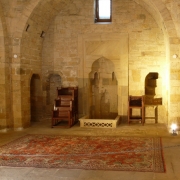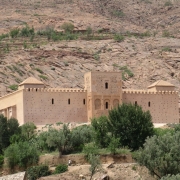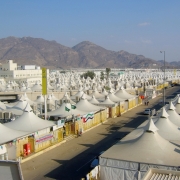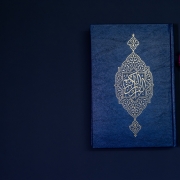Music and Islamic Law
What does music mean in the context of Islamic culture and what fields does music in the English sense cover in this culture? Historical examples are given along with the views of muslim jurists, both Sunni and Shi’ite, about music. Different types of specifically religious music are discussed from Qur’a nic chanting to nawha-kha ni and the fatwa of Ayatollah Khomeini and its historical importance mentioned. The essay then turns to sama ‘ and its widespread presence in the islamic world. Different types of music prevalent among muslims are then considered from music for weddings to music associated with different professions to military and music along with their legal aspect. Also both classical and folk music are studied in light of their status in Islamic society. The views of a major Persian religious scholar who was also a master musician, Master Ila hi are summarized and the significance of the fatwa of Ayatollah Khomeini for the life of music in present day Iran and to some extent elsewhere brought out.
Introduction
Few issues have caused as many diverse and opposing views as the question of the permissibility or illegitimacy of music from the point of view of Islamic Law and among devout Muslims. Is music ḥalāl (permissible) or ḥarām (forbidden)? And when we say music what kind of music are we speaking about? Such questions have occupied the minds of numerous jurists (fuqahā‟), both Sunni and Shi‗ite, not to speak of philosophers and Sufis, over the ages. Muslim authorities have provided a whole spectrum of responses to such questions and this diversity is due to a large extent to the fact that there is no explicit reference in the Qur‘ān concerning the licit or illicit nature of music; nor is there a definitive edict for or against the playing or hearing of music in the Ḥadīth.









